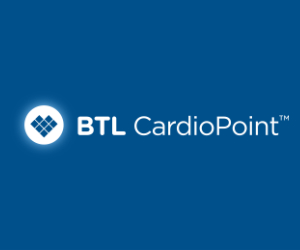Croatian Primary Percutaneous Coronary Intervention Network During Natural Disasters 2020/21.
There is clear evidence in the literature that COVID-19 increases the risk of acute myocardial infarction (AMI), most likely by cytokine-induced atherosclerotic plaque destabilization and hypercoagulability. In contrast, multiple studies show that the hospitalization rate due to AMI decreased by as much as 40 to 50% during the COVID 19 pandemic due to both patients' fear of hospitalization and the risk of infection, more difficult health care access and misunderstanding of AMI symptoms for this infection. The Croatian Primary Percutaneous Coronary Intervention Network (PCI), an internationally recognized AMI treatment system, has shown flexibility during the COVID-19 pandemic and two catastrophic earthquakes during 2020. Despite the slightly lower number of PCIs in AMI compared to 2019, with a smaller decrease compared to foreign reports, the optimal AMI treatment was continuously available to all residents of Croatia. Experiences gained in the first wave led to smaller decline of PCIs in AMI fall reduction in the second and third waves of the COVID-19 pandemic.
Key words:
acute myocardial infarction, COVID 19 pandemic, earthquake





